Have you ever found yourself staring out at the ocean, wondering what mysteries lie beneath the surface?
The underwater world, with its vibrant marine life and intriguing landscapes, draws people from all over the world to experience its wonders.
For those looking to immerse themselves in this aquatic paradise, two of the most popular activities are snorkeling and scuba diving.
While both allow you to discover the beauty of the ocean, the need for certification varies between the two.
In this article, we’ll explore whether you need a certification for snorkeling and scuba diving, and what you should know before diving in.
Snorkeling: The Easy Gateway to Underwater Exploration
Is Certification Required for Snorkeling?
The great news for those who want to enjoy the ocean's beauty without diving too deep is that snorkeling doesn't require formal certification.
This makes snorkeling one of the most accessible water activities for people of all ages and fitness levels.
With minimal equipment—a mask, snorkel, and fins—snorkelers can float on the surface and get a glimpse of the underwater world without needing specialized training.
If you can swim and feel comfortable in the water, you're likely ready to enjoy snorkeling.
Essential Equipment and Basic Skills for Snorkeling
Although no formal certification is required, there are a few key skills and equipment that will enhance your experience and safety while snorkeling. Here's what you need to know:
-
Mask: This allows you to see clearly underwater.
-
Snorkel: This enables you to breathe while keeping your face submerged.
-
Fins: These help you move efficiently through the water.
In cooler water, you may also want to wear a wetsuit for added warmth and protection.
While no certification is necessary, there are basic techniques you can practice to ensure your safety. For example, controlling your breathing and keeping a steady pace when swimming are essential for staying calm and comfortable.

Optional Snorkeling Training and Its Benefits
Even though certification isn't mandatory, you can opt for a Snorkeling Diver Course or similar programs to enhance your knowledge.
These courses cover topics like buoyancy control, pressure dynamics, and underwater safety.
For beginners, taking a short training session can increase your confidence and ensure that you’re prepared for various conditions in the water.
Safety Considerations for Snorkeling
Though you don't need formal certification, safety should always come first. The buddy system is one of the best safety practices when snorkeling—always snorkel with a companion. Additionally, be mindful of environmental conditions, such as currents and water visibility. Stay within your comfort zone and avoid areas that could pose a risk, like strong currents or murky waters. Many tour operators also offer safety guidelines, so always check with them before heading out.
Recommended: Best Portable Underwater Thrusters for Divers and Snorkelers
Scuba Diving: Certification for a Safe Underwater Adventure
Is Certification Required for Scuba Diving?
Unlike snorkeling, scuba diving requires certification.
The reason? Scuba diving involves more complex equipment, deeper water, and greater risks, which make proper training essential.
Diving with an air tank, managing buoyancy, and handling equipment like regulators and dive computers are skills that can’t be learned casually.
Certification ensures you’re fully prepared to dive safely and responsibly.

Why Scuba Certification is Important
Scuba diving opens up an entirely new world beneath the surface, but it’s not without its risks.
A certified diver knows how to manage their air supply, prevent decompression sickness, and react to underwater emergencies.
Training includes lessons on how to use critical equipment, such as regulators, buoyancy control devices, and air tanks, which are vital for safe diving at varying depths.
Without the proper knowledge, a diver may face serious dangers like disorientation, drowning, or decompression illness.
The Scuba Diving Certification Process
The process of becoming a certified scuba diver typically involves three key stages:
-
Theory Lessons: Learn the fundamentals of diving, including safety procedures, dive tables, and basic physics.
-
Confined Water Training: Practice diving skills in a controlled environment, such as a swimming pool.
-
Open Water Dives: Experience actual dives in the open ocean, under the supervision of an instructor.
One of the most popular certification programs is the Open Water Diver course, which usually takes three to four days to complete.
After earning this certification, you can dive with a buddy up to 60 feet (18 meters) deep.
For more advanced divers, certifications like Advanced Open Water Diver and Rescue Diver are available, which allow access to deeper and more challenging dive sites.
Certification and Access to Dive Sites
Certification is also required to access many exclusive dive sites and participate in specialized diving activities, such as wreck dives, night diving, or underwater photography.
Dive shops typically require proof of certification before allowing you to rent equipment or join group dives.
This ensures that only trained divers are exploring deeper and more challenging environments.
Recommended: World’s Top Dive Destinations: Ultimate Guide for Divers
Discovery Scuba Dives: A Way to Sample the Experience
For those who are intrigued by scuba diving but not yet ready for full certification, Discovery Scuba Dives (DSD) offer a great introduction.
These programs allow you to experience scuba diving with minimal training—typically a briefing followed by shallow-water dives under the supervision of a certified instructor.
While DSD programs are a fun way to experience diving, they don’t provide the level of expertise or freedom that comes with full certification.
Refresher Courses for Certified Divers
If you’ve been certified but haven’t dived in over a year, it’s a good idea to take a refresher course.
These short courses help you revisit key skills, such as equipment use, dive planning, and emergency procedures, ensuring you’re ready for your next dive.
Conclusion
So, is certification necessary for underwater exploration? The answer depends on your activity.
-
For snorkeling, you don't need formal certification. As long as you have basic swimming skills and follow safety practices, you can easily enjoy the beauty of the ocean.
-
For scuba diving, certification is crucial. The complexity of the equipment, the potential risks, and the depths involved all require a higher level of knowledge and training to ensure your safety.
Whether you choose to snorkel or dive, the key is to understand your limits, stay informed, and always prioritize safety.
With proper training and certification, scuba diving can open up an exciting world of exploration, where you can confidently experience the wonders of the underwater world.
FAQs
Q: Is snorkeling safe without certification?
Yes, snorkeling is generally safe for those with basic swimming skills, but it’s important to follow safety guidelines like the buddy system and be aware of environmental conditions.
Q: How old do you have to be to get certified for scuba diving?
The minimum age for the entry-level Open Water Diver certification is typically 10 years old. For children under 15, a Junior Open Water Diver certification is available.
Q: How long does it take to get scuba certified?
An Open Water Diver course usually takes 3-4 days, including theory lessons, confined water practice, and open water dives.
Q: Can I scuba dive without certification?
You cannot dive independently without certification, but you can participate in Discovery Scuba Dives or guided dives with an instructor.
Q: Should I take a refresher course if I haven't dived in a while?
Yes, if you haven’t dived in over a year, it’s recommended to take a refresher course to ensure you’re familiar with current safety practices and equipment use.
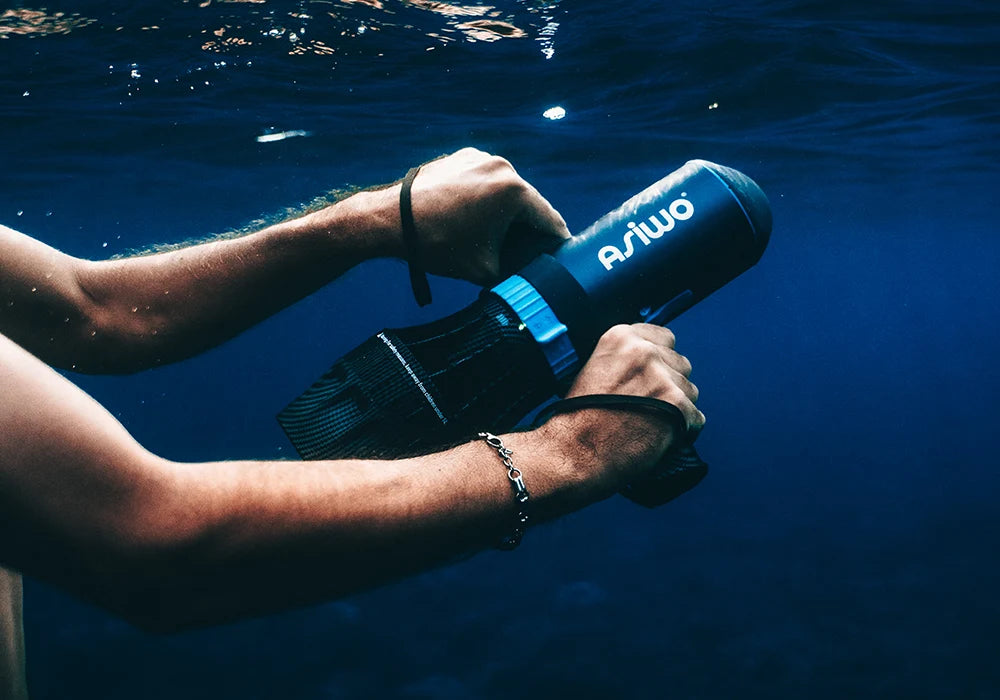




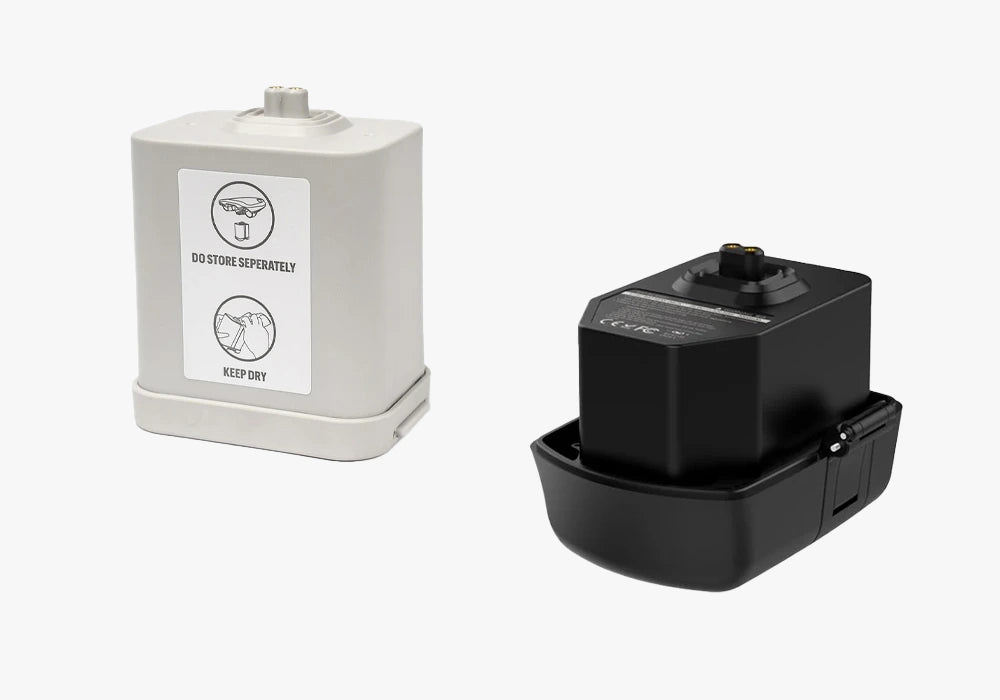




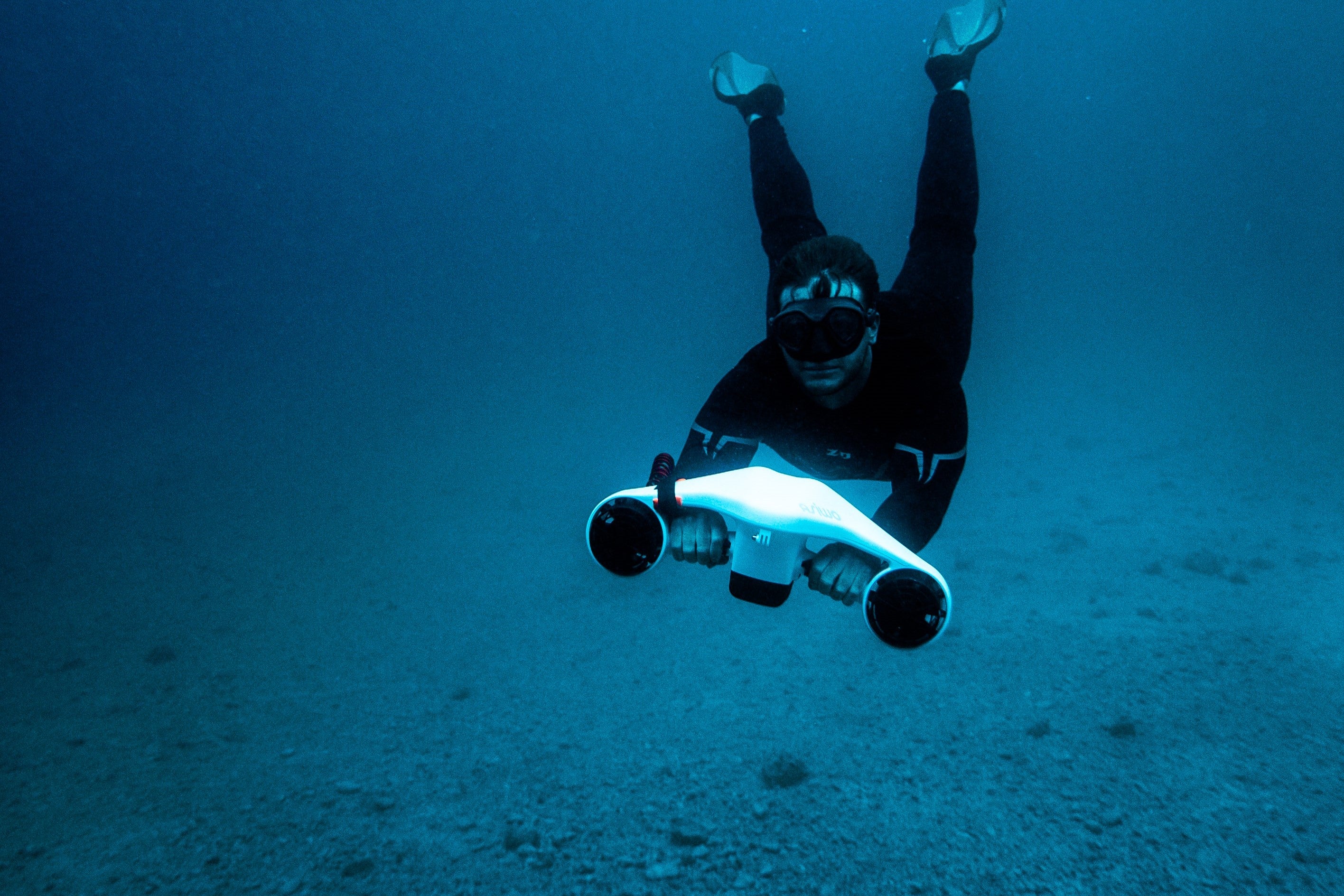
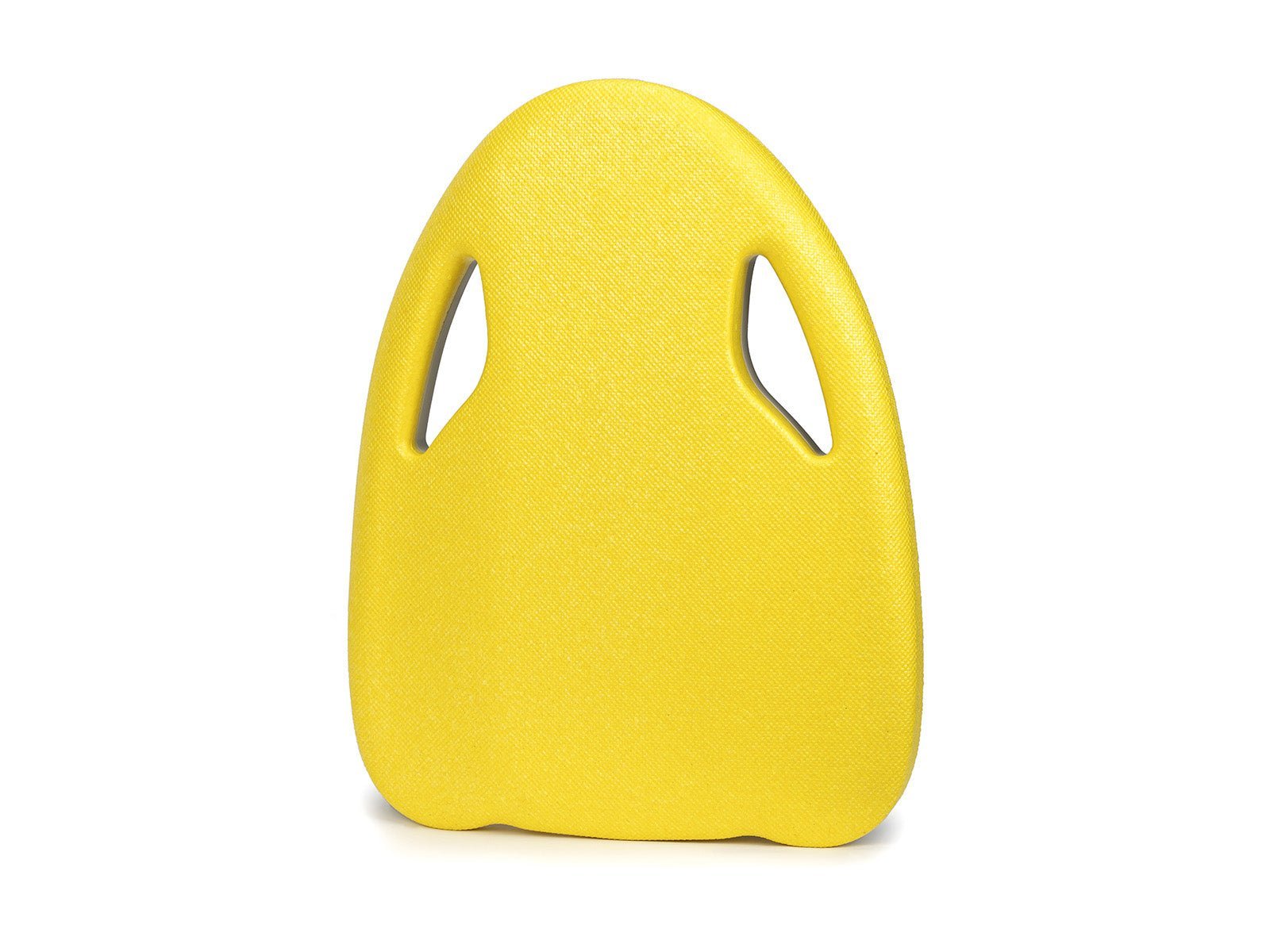
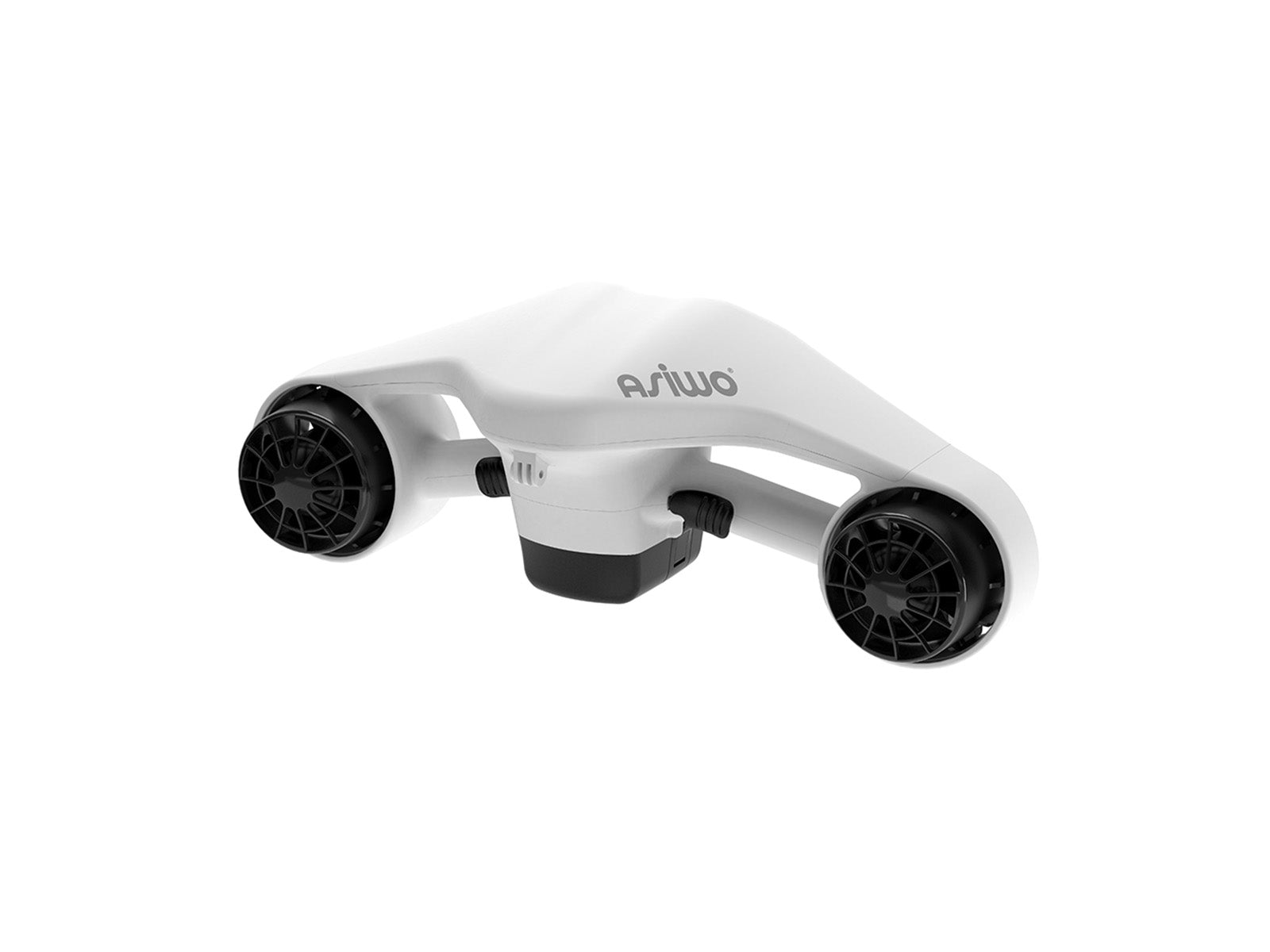
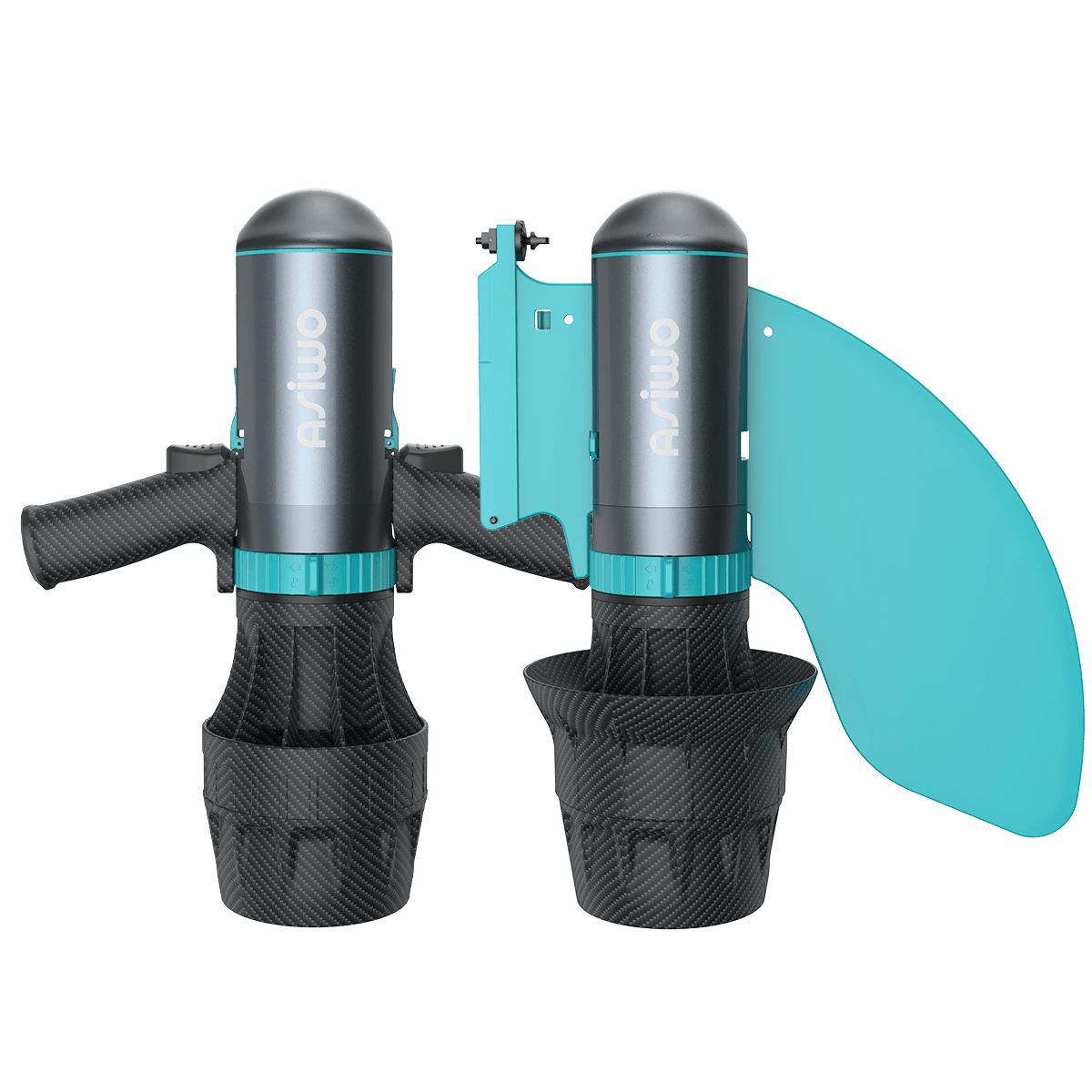




Hinterlassen Sie einen Kommentar